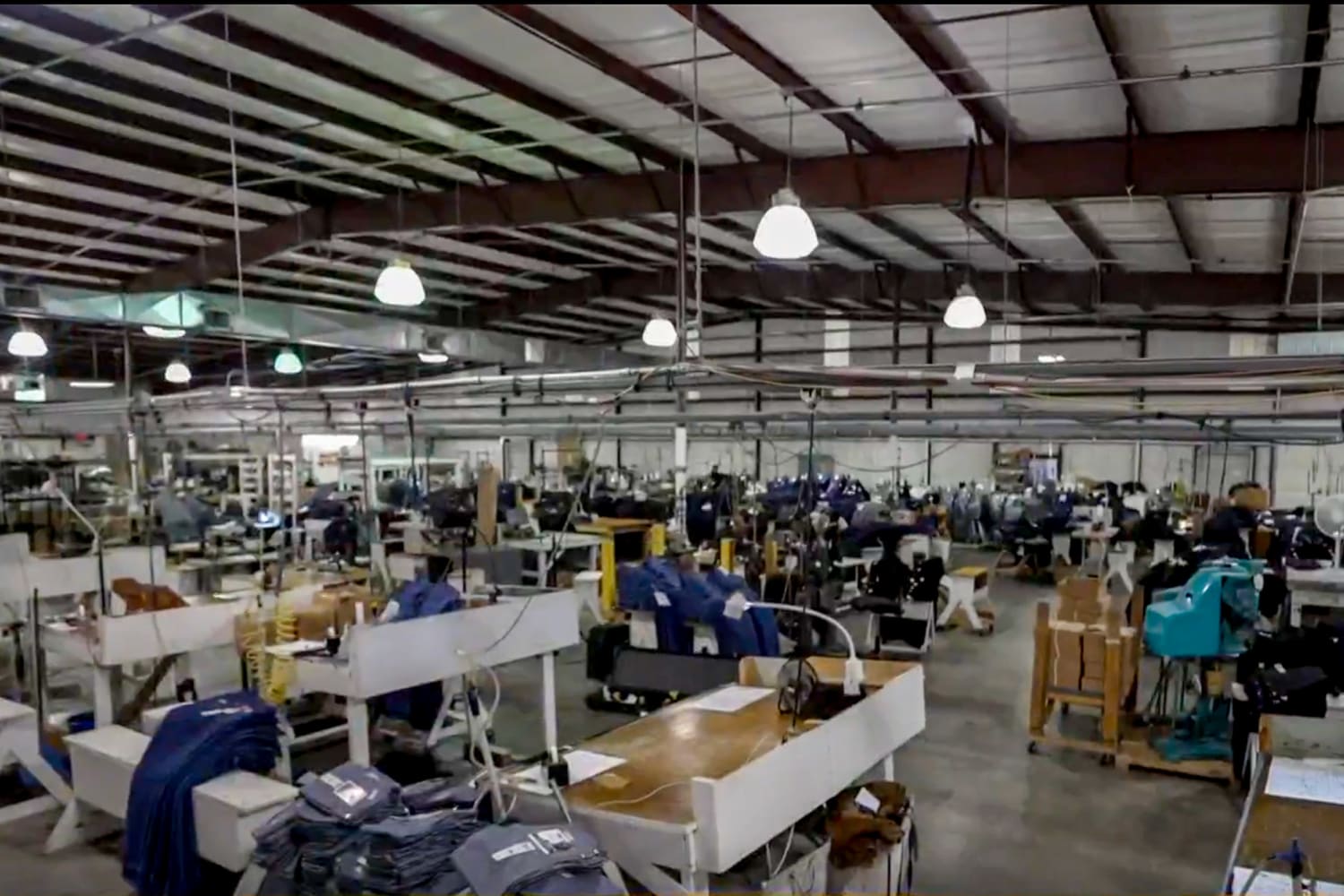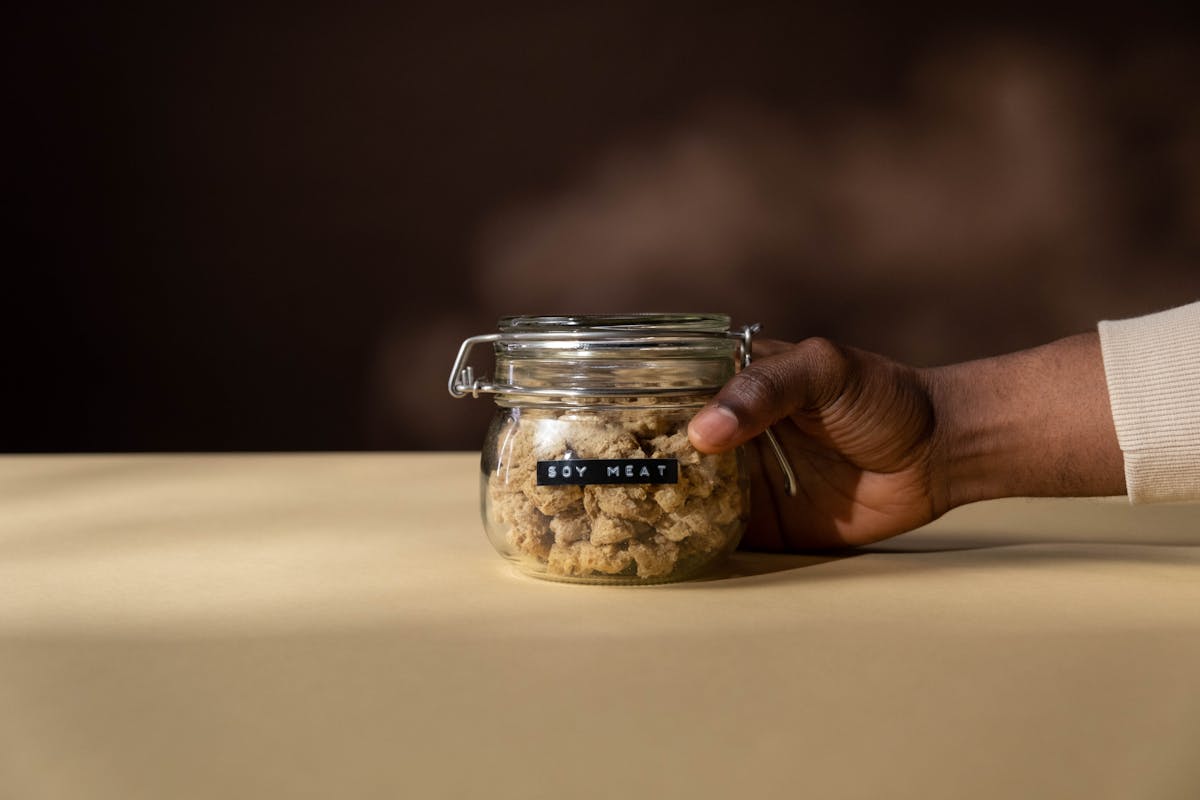In a globalized world dominated by low-cost manufacturing, one Oklahoma-based company is forging a different path, championing the revival of American-made denim. The company’s mission is a direct response to the widespread decline of the domestic textile industry, which has seen countless factories close and jobs move overseas. This commitment is not merely a business strategy; it is a foundational principle rooted in a belief that quality craftsmanship, ethical production, and support for the local economy can be a viable model in the modern market.
The story of American denim is a complex one, a narrative that intertwines with the nation’s industrial history. For decades, the United States was a global leader in textile and garment manufacturing. Iconic brands were proudly made on American soil, employing thousands of skilled workers. However, starting in the late 20th century, a relentless push for lower costs led many companies to shift their production to other countries, resulting in a dramatic decline of the domestic industry. This Oklahoma-based maker is working to reverse that trend, one pair of jeans at a time.
The founders of the company were driven by a desire to create a product that was both authentic and enduring. They saw an opportunity to re-establish a legacy of American craftsmanship that had been largely lost. Their vision was to build a brand where every step of the process, from the sourcing of raw materials to the final stitch, was done within the United States. This philosophy forms the bedrock of their business model and sets them apart in an industry where “made in America” often refers only to the final assembly, not the entire supply chain.
The company’s dedication to a fully domestic supply chain is a cornerstone of its identity. The journey of their jeans begins with raw cotton grown in the American South. This cotton is then spun into yarn and woven into denim fabric at a heritage mill in North Carolina, one of the last of its kind. Even the smallest components, such as the rivets, buttons, and zippers, are sourced from American suppliers. This meticulous attention to the origin of every component ensures that the finished product is a true reflection of its American-made promise.
The process of production highlights the expertise and proficiency of U.S. workers. The firm employs a skilled group of craftsmen, many of whom have years of experience in the fabric sector. They utilize old-fashioned sewing machines and employ classic methods to guarantee excellent quality and robustness. This dedication to skillful work stands in sharp contrast to the assembly-line factories of the fast fashion industry, where efficiency and volume often come before precision and excellence.
The financial influence of this business model reaches well beyond the confines of the factory. By opting to manufacture locally, the company is generating employment and aiding families in its native Oklahoma. It offers equitable wages, alongside secure and ethical working conditions, a benchmark frequently unmet by foreign manufacturers. This commitment to the local community has a cascading impact, assisting other small enterprises and enhancing the economic vibrancy of the area.
The organization’s approach to business, though commendable, does face certain obstacles. Expenses related to labor and materials in the United States are much greater compared to several other nations. As a result, their products are priced higher than those of their mass-produced rivals, potentially posing a challenge for some buyers. The company must continually validate its higher pricing by informing clients about the benefits of excellence, longevity, and responsible manufacturing. It is an ongoing struggle against a marketplace predominantly motivated by affordability and ease.
However, there is a growing segment of the consumer market that is actively seeking out products with a story. These conscious consumers are willing to pay more for items that are ethically made, environmentally friendly, and support local economies. The Oklahoma denim-maker has tapped into this market, building a loyal following of customers who share their values. Their success is a clear indication that for a certain demographic, quality, transparency, and a compelling brand story are just as important as the price tag.
The tale of the company serves as a motivating illustration of the slow fashion movement, which promotes the idea of purchasing fewer clothing items that are of higher quality and have greater durability. In a market flooded with textile waste, owning a sturdy pair of jeans that can be repaired represents a modest yet significant move towards a more sustainable future. This emphasis on endurance and classic style consciously opposes the throwaway nature of fast fashion, providing consumers with a more mindful and accountable approach to assembling their wardrobe.
Examining the company’s prospects, their trajectory appears to be favorable. Their approach has shown that a compact, committed team can thrive in a highly contested industry by targeting a segment that appreciates excellence and genuineness. They have established not just a flourishing brand but have also offered an inspiring roadmap for those aiming to rejuvenate American production. Their triumph strongly supports the notion that with enthusiasm, expertise, and dedication to a significant goal, it is feasible to develop a business that is both lucrative and ethical.
The tale of this denim producer from Oklahoma is a fascinating story of resistance and resolve. By deciding to manufacture every pair of jeans in the United States, they’re not merely crafting a product; they’re uplifting a community, safeguarding a tradition, and confronting the conventional norms. Their triumph serves as a symbol of optimism for American production and a potent reminder that some of the longest-lasting stories are crafted with fabric, stitch by stitch.





